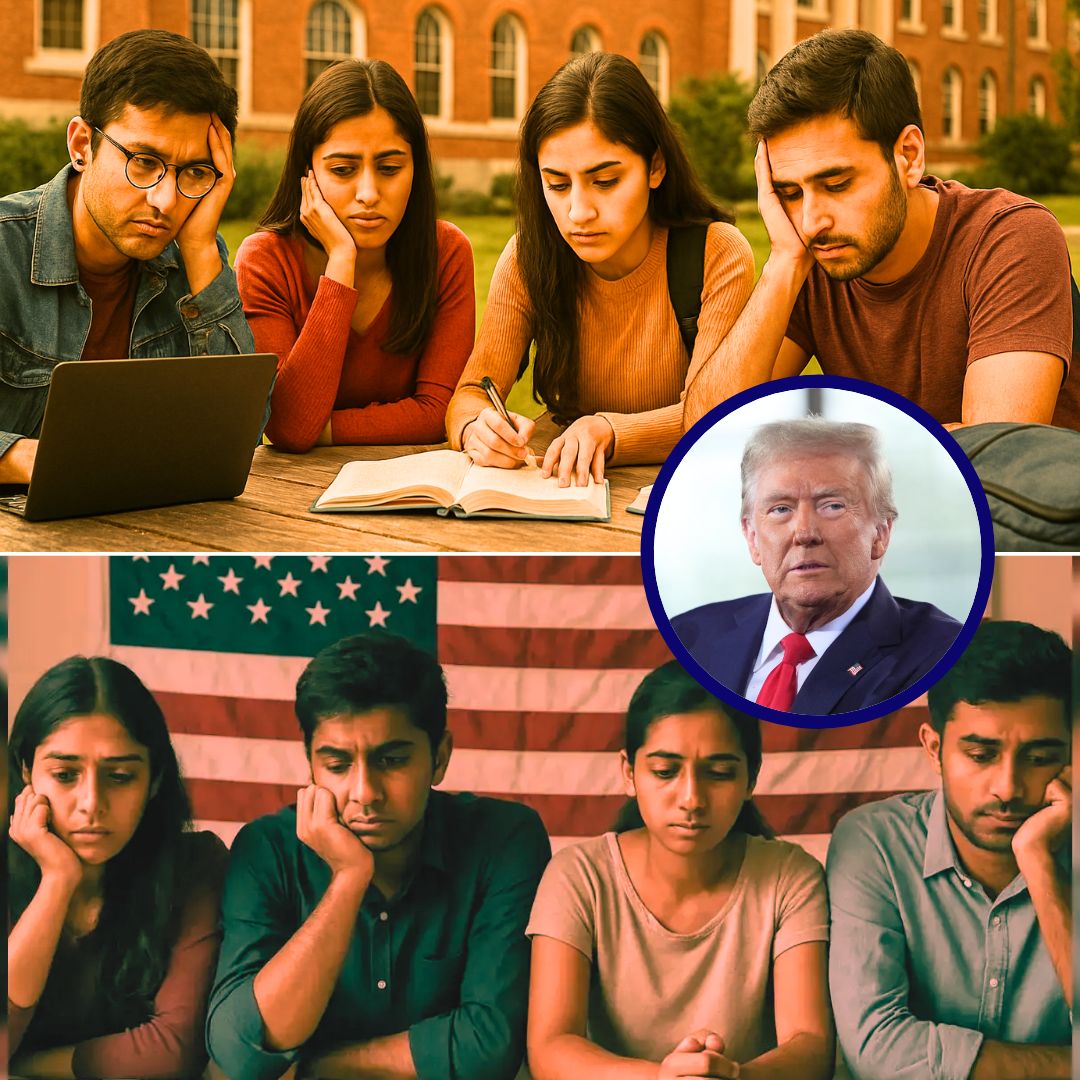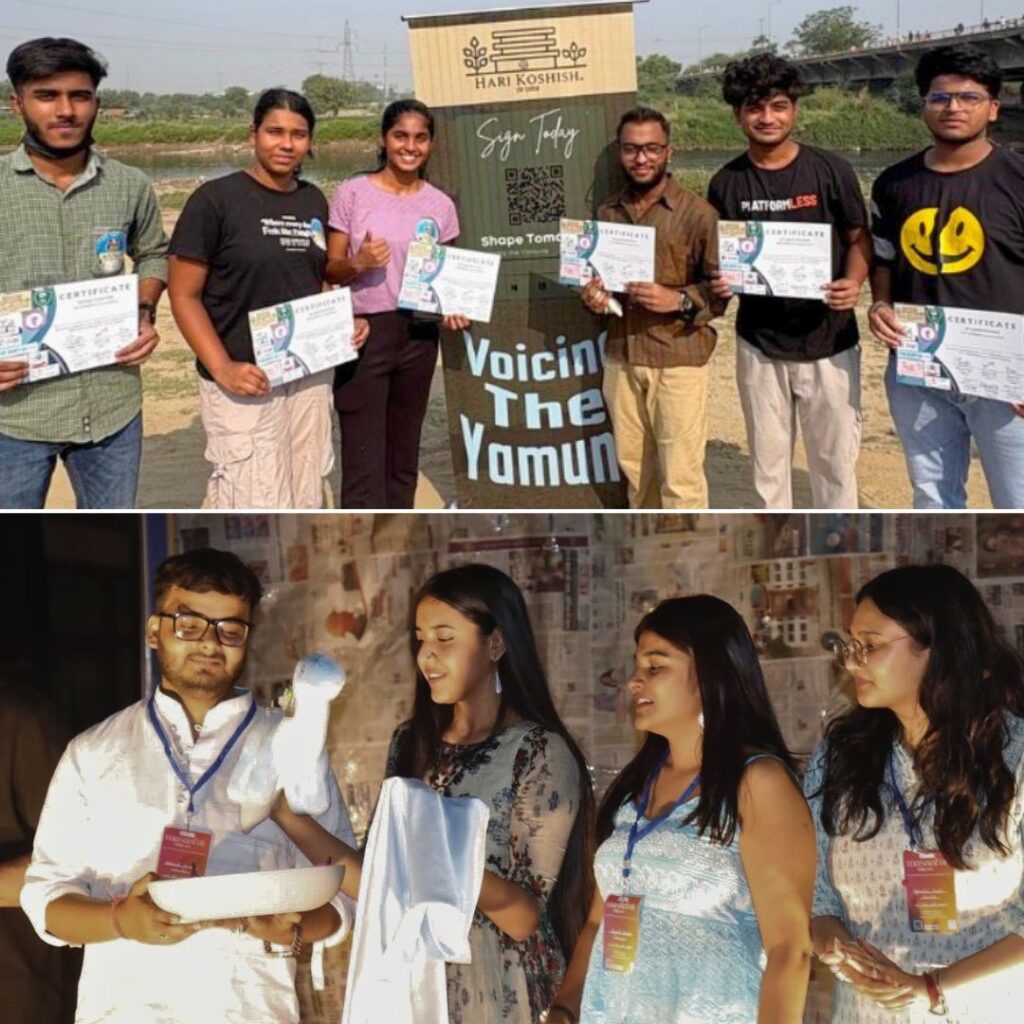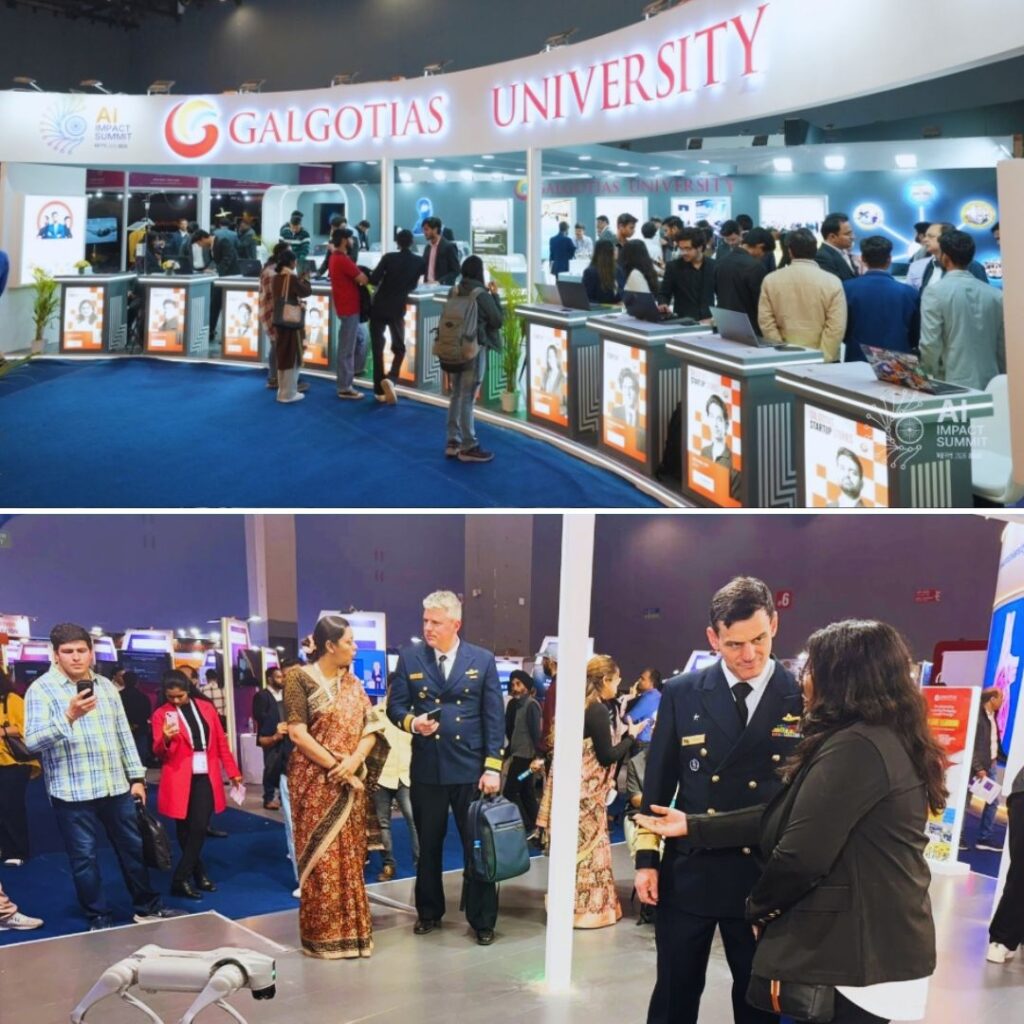A recent bill introduced in the US Congress aims to significantly limit the Optional Practical Training (OPT) programme, which currently allows international students, including over 300,000 Indians, to work in the US for up to three years after graduation.
If passed, the bill would restrict OPT participation to just four months without extensions, forcing many students to leave the US unless they secure an H-1B visa. This move has sparked panic among F-1 and M-1 visa holders, who are now racing to secure H-1B sponsorships.
The bill is part of broader anti-immigrant policies, causing widespread concern among students, particularly those in STEM fields.
Impact on Indian Students
The proposed legislation has sent shockwaves through the Indian student community in the US, with many fearing they will have to leave the country immediately after graduation. According to the Open Doors 2024 report, there were over 331,000 Indian students in the US during the 2023-2024 academic year, with nearly 97,556 participating in OPT—a 41% increase from the previous year.
Experts like Poorvi Chothani of LawQuest warn that if the bill passes, students may have to leave the US abruptly without transitioning to another work visa, impacting their ability to repay student loans.
Many are now exploring alternative destinations like Canada and Europe for more secure post-study work opportunities. This shift could lead to a brain drain, as talented students seek more welcoming environments for their careers.
Historical Context and Opposition
This bill is part of a broader wave of anti-immigrant measures under the current US administration. Previous attempts to revoke OPT have faced opposition, but the current political climate suggests a more challenging environment for international students.
The bill also bars individuals with degrees or working in sensitive fields, or those affiliated with entities controlled by the Communist Party of China, from participating in OPT. The heightened scrutiny and stricter visa controls have led to increased uncertainty for F-1 and M-1 visa holders, with some prestigious universities advising students against traveling abroad due to potential re-entry issues.
This climate of uncertainty has prompted calls for more inclusive immigration policies that balance national security with the need for skilled foreign talent.
The Logical Indian’s Perspective
The proposed bill raises significant concerns about the future of international education and talent exchange. While nations have the right to protect their workforce, it’s crucial to strike a balance that doesn’t stifle innovation or hinder cultural exchange.
The potential loss of diverse perspectives and skills could impact the US’s position as a global leader in technology and innovation. As we navigate these complex issues, how can we ensure fair opportunities for both domestic and international students while fostering a globally competitive workforce?
What steps can be taken to create a more inclusive and supportive environment for international students, ensuring they contribute positively to their host countries without facing undue barriers?
Indian students at risk in US!
— Shreya Upadhyaya (@ShreyaOpines) April 8, 2025
9.30 PM: A new Bill aims to end the #OPT Programme which lets foreign students work in America after graduation
Decoding for you on Global Mirror pic.twitter.com/DLn89UGFKz












